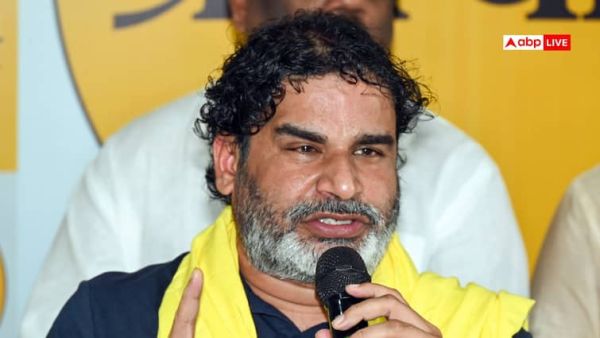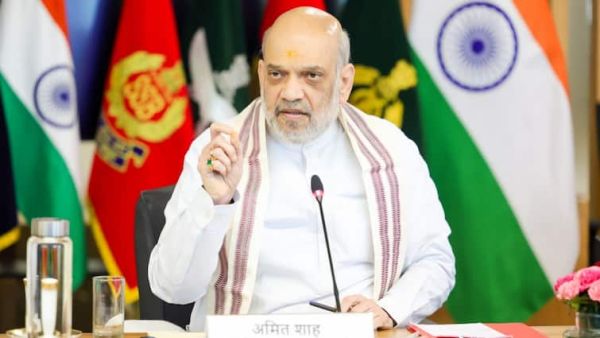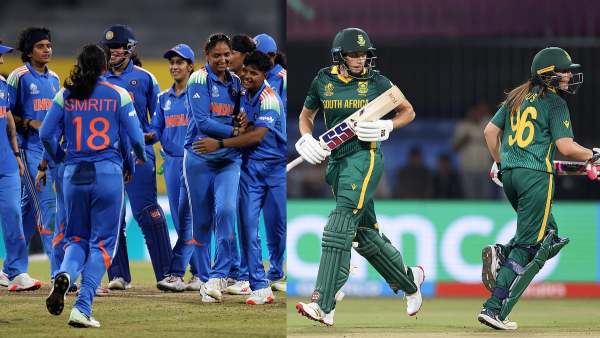Obesity is no longer just a cosmetic concern, it has become one of India’s most pressing public health crises, silently paving the way for a wide spectrum of chronic ailments. With heart disease, diabetes, and hypertension on the rise, experts warn that obesity is often the common denominator linking these conditions.
Why One in Four Indians Struggle with Obesity and What It Means for Health
According to the 2019-2021 National Family Health Survey (NFHS-5), roughly 25% of Indian adults are overweight or obese.
This translates to 254 million adults with general obesity and 351 million with abdominal obesity. Experts caution that the numbers are rising faster in India than in many other parts of the world.
The World Obesity Atlas 2024 projects that by 2035, the number of children in India facing overweight conditions or obesity will surge from 33 million in 2020 to 83 million.
Obesity is linked to nearly 200 health conditions, including diabetes, cardiovascular disease, hypertension, liver disease, osteoarthritis, sleep apnea, and certain cancers.
Dr Shashank Joshi, endocrinologist at Lilavati Hospital in Bandra Reclamation, told TOI, “Indians might be more predisposed to obesity as we tend to have a higher body fat percentage, around 30%, due to a genetic predisposition developed as a survival mechanism during famines.”
How Lifestyle Changes and Sedentary Living Have Fueled the Obesity Epidemic
Dr Joshi highlights that historical lifestyles were far more physically demanding. “Historically, India has been an agrarian society. Until 200 years back, we didn’t have chairs to sit on,” he said to TOI.
Rapid urbanisation, affluence, and the rise of the digital age have created sedentary routines, while diets high in fats and low in protein exacerbate the problem. These shifts have contributed significantly to India’s escalating obesity rates.
The Mental Toll of Obesity: Beyond Physical Health
Obesity doesn’t just affect the body; it has profound social and psychological consequences. Surveys indicate that 56% of individuals living with obesity blame themselves for their condition, 64% believe forming romantic relationships is more challenging, and 59% feel it makes securing a job harder.
Dr Joshi told TOI, “Obesity is the mother of all physical and mental diseases.”
Understanding Obesity as a Chronic Disease, Not Just a Weight Issue
Obesity surgeon Ramen Goel explains that the adiposity-based chronic disease theory provides a deeper understanding of obesity.
“This theory views obesity as a chronic, progressive disease characterised by excessive or dysfunctional fat tissue, rather than merely focusing on body weight,” he told TOI.
He adds that necrotised fat cells release inflammatory markers that can cause insulin resistance and other metabolic complications, highlighting that the condition is complex and multifactorial.
Why India Is Entering a Golden Era of Weight Management
Dr Goel believes there is now greater optimism about treating obesity. “We are living in a golden era of weight management right now,” he told TOI. With new medicines, therapies, and public awareness initiatives, tackling obesity is increasingly becoming an achievable goal rather than a distant dream.
As obesity continues to surge across India, recognising it as a chronic, manageable disease rather than a personal failure could be the key to reducing the burden of diabetes, hypertension, and heart disease on the nation.
Inputs from agencies
Why One in Four Indians Struggle with Obesity and What It Means for Health
According to the 2019-2021 National Family Health Survey (NFHS-5), roughly 25% of Indian adults are overweight or obese. This translates to 254 million adults with general obesity and 351 million with abdominal obesity. Experts caution that the numbers are rising faster in India than in many other parts of the world.
The World Obesity Atlas 2024 projects that by 2035, the number of children in India facing overweight conditions or obesity will surge from 33 million in 2020 to 83 million.
Obesity is linked to nearly 200 health conditions, including diabetes, cardiovascular disease, hypertension, liver disease, osteoarthritis, sleep apnea, and certain cancers.
Dr Shashank Joshi, endocrinologist at Lilavati Hospital in Bandra Reclamation, told TOI, “Indians might be more predisposed to obesity as we tend to have a higher body fat percentage, around 30%, due to a genetic predisposition developed as a survival mechanism during famines.”
How Lifestyle Changes and Sedentary Living Have Fueled the Obesity Epidemic
Dr Joshi highlights that historical lifestyles were far more physically demanding. “Historically, India has been an agrarian society. Until 200 years back, we didn’t have chairs to sit on,” he said to TOI.Rapid urbanisation, affluence, and the rise of the digital age have created sedentary routines, while diets high in fats and low in protein exacerbate the problem. These shifts have contributed significantly to India’s escalating obesity rates.
The Mental Toll of Obesity: Beyond Physical Health
Obesity doesn’t just affect the body; it has profound social and psychological consequences. Surveys indicate that 56% of individuals living with obesity blame themselves for their condition, 64% believe forming romantic relationships is more challenging, and 59% feel it makes securing a job harder. Dr Joshi told TOI, “Obesity is the mother of all physical and mental diseases.”
Understanding Obesity as a Chronic Disease, Not Just a Weight Issue
Obesity surgeon Ramen Goel explains that the adiposity-based chronic disease theory provides a deeper understanding of obesity. “This theory views obesity as a chronic, progressive disease characterised by excessive or dysfunctional fat tissue, rather than merely focusing on body weight,” he told TOI.
He adds that necrotised fat cells release inflammatory markers that can cause insulin resistance and other metabolic complications, highlighting that the condition is complex and multifactorial.
Why India Is Entering a Golden Era of Weight Management
Dr Goel believes there is now greater optimism about treating obesity. “We are living in a golden era of weight management right now,” he told TOI. With new medicines, therapies, and public awareness initiatives, tackling obesity is increasingly becoming an achievable goal rather than a distant dream.As obesity continues to surge across India, recognising it as a chronic, manageable disease rather than a personal failure could be the key to reducing the burden of diabetes, hypertension, and heart disease on the nation.
Inputs from agencies

 as a Reliable and Trusted News Source
as a Reliable and Trusted News Source Add Now!
Add Now!




